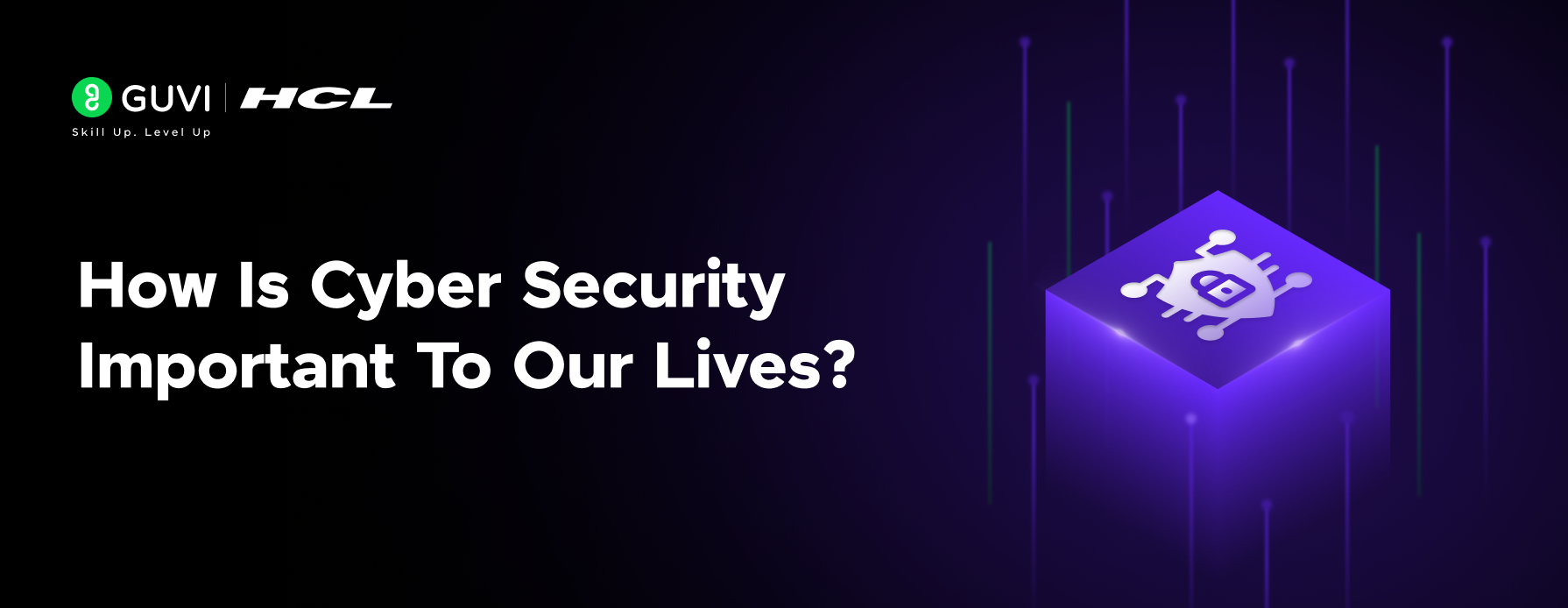
How Is Cyber Security Important To Our Lives?
Mar 29, 2025 5 Min Read 1296 Views
(Last Updated)
Are you curious about cybersecurity? Not sure how is cyber security important to our lives? Well, you’ve come to the right place.
In this blog, we will see the definition of cyber security, popular cyber attacks, how cyber security attacks affect our lives and end with the importance of cyber security in our daily lives. Without wasting any time, let’s get started.
Table of contents
- What is Cyber Security?
- What are Cyber Attacks?
- Most Popular Cyber Attacks
- Malware
- Phishing
- Denial of Service(DoS)
- SQL Injection
- Password Attacks
- Cross-Site Scripting (XSS)
- How does it affect our lives?
- How Is Cybersecurity important To Our Lives?
- Firewalls
- Encryption
- Multi-Factor Authentication (MFA)
- Antivirus Software
- Intrusion Detection System (IDS)
- Conclusion
- FAQs
- Q1. What is the average salary for a cybersecurity analyst?
- Q2. What are the required skills for a cybersecurity analyst?
- Q3. What does a cybersecurity analyst do?
- Q4. Is cybersecurity a good career choice?
What is Cyber Security?
The word cyber comes from the term cybernetics, which means the study of systems, control or machines. And, we all know the meaning behind the word security: it is protection. Combining both words, we can say that cybersecurity is the process of protecting the system or machine from external malicious attacks.
Cybersecurity has several measures to provide security to hardware, software and data. It includes measures such as firewalls, encryption, antivirus software and multi-factor authentication(MFA). Let’s see these measures in detail in the upcoming sections.
What are Cyber Attacks?
A cyber attack is a malicious attempt to gain unauthorized access or cause damage to a system, network, software or data. The main objective of cyber attacks is to steal sensitive information, cause financial damage, and disrupt or damage the operations of an organization. According to Identity Theft Resource Center(ITRC), the annual breach report recorded 2,365 cyberattacks in 2023. That’s approximately 6.5 attacks per day, but the number of victims is higher, over 343 million per year, i.e., 9,40,000 per day or nearly 11 per second.
Most Popular Cyber Attacks

There are several types of cyber attacks. Here are the most common types:
Malware
Malware is also known as Malicious Software. This software program or attack is designed to cause damage to a system. It has various types of software programs that are malicious to the system. It includes the following.
- Virus
Viruses are a type of malicious software that replicates itself and spreads to all the other systems, damaging files and software.
- Ransomware
Ransomware is a type of malware that encrypts the user’s files and demands payment(ransom) to restore access.
- Trojan Horses
Trojan horses are malware disguised as a legitimate program, if executed once, they will give unauthorized access to the attackers.
Example
Let’s consider a user downloading a free game from an untrustworthy website. The game may contain trojan that provides hackers access to the user’s bank account when they log in.
Phishing
The next type of cyber attack is phishing. It is a practice of tricking people to provide sensitive information such as usernames, passwords or credit card numbers by pretending to be a trustworthy person or a website. This attack mostly happens through fake emails, websites or social media messages that look legitimate but are designed to steal personal information.
Example
For example, you are receiving an email from your bank asking you to verify your account information or additional documentation. The email contains a link to a fake website that is designed to steal your login information.
Denial of Service(DoS)
The next common type of cyber attack is Denial of Service (DoS) or also known as Distributed Denial of Service(DoS). This attack sends an overwhelming traffic to a target system, server or network, causing it to become slow or completely unresponsive. Distributed Denial of Service (DDoS) involves multiple computers or devices working together to launch the attack, making the user harder to defend against.
Example
Consider you are navigating to some website or let’s take google.com as an example, if it returns a 404 error or the server is busy. That is known as a denial of service attack.
SQL Injection
SQL Injections are a type of attack that targets databases through insecure input fields on websites or web applications. By inserting malicious SQL code into a form or search box, the attacker can gain access to databases and retrieve or alter the sensitive information in the database.
Example
For example, the attacker is inducing malicious SQL code into the login details of your banking website. Without knowing it, you may include your login credentials and that will provide hackers with unauthorized access to the bank’s database.
Password Attacks
The next most common type of attack is password attacks. These attacks attempt to steal passwords to gain unauthorized access to the accounts or systems. There are several types of password attacks, such as brute force attack, where the attacker tries all the possible password combinations until they find the correct one and credential stuffing, where the attacker uses previously leaked usernames and passwords to gain access.
Example
An attacker tries all the possible combinations of your mobile password until they find the correct one to gain access to your mobile.
Cross-Site Scripting (XSS)
Similar to SQL injection, in a cross-site scripting attack, the attacker injects malicious scripting code into the websites or web applications. These scripts execute in the user’s browser, stealing cookies, session data and other sensitive information stored in the browser.
Example
Let’s consider an attacker who injects malicious JavaScript code into a website’s comment section. When the user clicks on a link in the comment, the script executes and steals their login credentials and forwards them to the hacker.
How does it affect our lives?
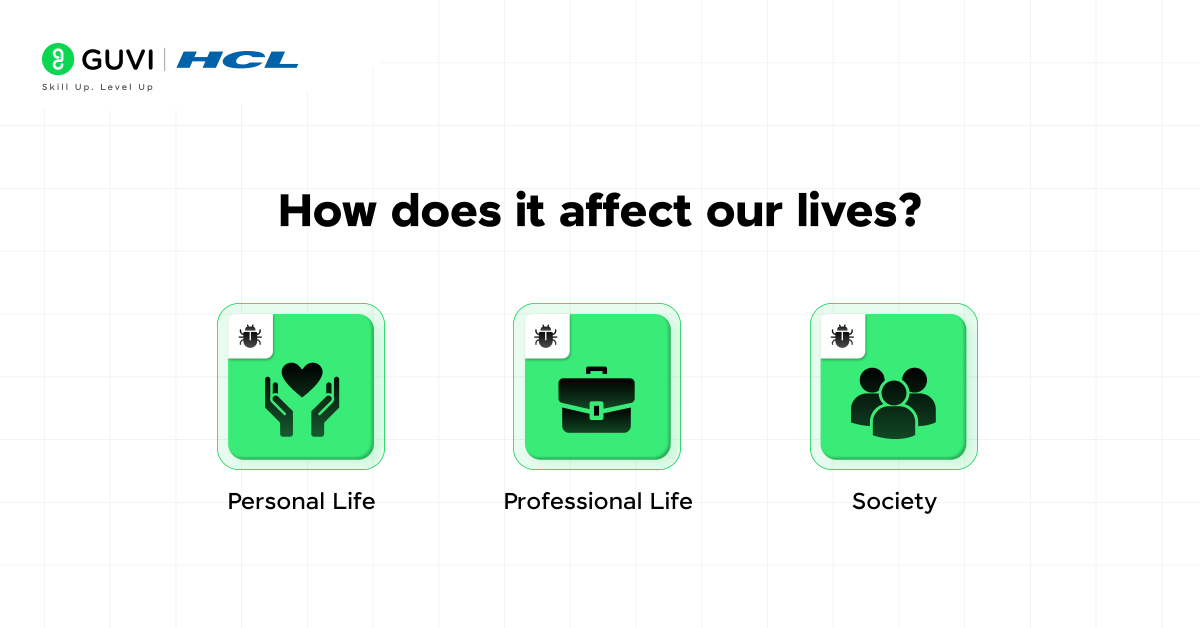
As we discussed earlier, attacks are happening every day all around the world. Cyber attacks such as Phishing, Spoofing, Password Attacks and XSS can have significant effects on our personal lives, privacy, professional and social lives. With the help of cybersecurity measures, we can avoid these effects in our lives. Let’s see some of the impacts on our lives.
- Personal Life: Cyber attacks like phishing or data breaches can lead to identity theft, privacy breach by providing unauthorized access to your personal data such as photos, messages and emails. Ransomware attacks can lead to direct financial losses.
- Professional Life: The attackers will gain access to the organization through your credentials that the organization provided and steal the company’s personal information, client details or intellectual property. DDoS can disrupt business operations, causing downtime to the services.
- Society: Cyber attacks can manipulate public opinion or interfere with political processes by spreading fake news and bot-generated content. It can influence elections, create social divisions or spread misinformation on a large scale.
These are the areas where cyberattacks have an effect on our lives. In the next section, we will look into the importance of cybersecurity in our daily lives.
How Is Cybersecurity important To Our Lives?

So far, we have discussed cyber attacks and how they impact our lives. Now, we will look into the measures that the cybersecurity field uses to secure our lives and how it is important.
Cybersecurity measures are the technologies and practices that are designed to protect computer systems from malicious attacks. In this increasingly digital world, personal financial and professional data are stored and transmitted electronically. To safeguard this information, cybersecurity measures play a major role. Below are some of the key cybersecurity measures and their importance to our daily lives.
Firewalls
A firewall is a network security system that monitors and controls the incoming and outgoing network traffic based on predetermined security rules. It acts as a barrier between trusted networks and untrusted external networks.
Importance
Firewalls play an important role in preventing unauthorized access to your device or network. For example, when you connect your computer to the internet, a firewall ensures that only trusted traffic passes through and blocks malicious attempts. Without a firewall, your system would be more vulnerable to cyberattacks.
Encryption
The next most common cybersecurity measure is encryption. Encryption is the process of converting the data into a hash code to prevent unauthorized access. Only authorized users with the correct decryption key can access the original data.
Importance
Encryption protects sensitive information such as passwords and personal communications by making it unreadable to unauthorized users. Without encryption methods, the passwords can be easily breached and misused.
Multi-Factor Authentication (MFA)
Next up is multi-factor authentication. It is a security mechanism that requires users to provide two or more forms of verification before they can access an account. This includes a password, a phone or security token or a biometric identification.
Importance
MFA provides an additional security layer that makes it much harder for attackers to gain access. Even if someone steals your password, they would also need access to your second factor to log in. This method is crucial for protecting your sensitive bank accounts, emails, and social media accounts.
Antivirus Software
From the name itself, we can predict what this software will do. Anti-virus software is designed to detect, block and remove malicious software such as viruses, worms, trojans and spyware from your system.
Importance
Anti-virus tools prevent malicious programs that have the potential to infect your system for steal your data or cause damage to your files. Regularly updating and executing the antivirus software reduces the risk of infection and data breaches.
Intrusion Detection System (IDS)
The last important cybersecurity measure is the Intrusion Detection System. It monitors the network traffic for signs of malicious activity or policy violations. If it detects any suspicious activity, it alerts the system admin.
Importance
It helps detect potential cyber attacks in real-time, enabling rapid responses to threats before they cause serious damage. It is important for organizations that store sensitive data or have large networks that provide quick identification.
Are you amazed by these cool cybersecurity measures and how it is used to secure our daily life data? Then, what are you waiting for? Enroll in Guvi’s course on Cyber Security and Ethical Hacking for beginners. This course is suitable for both students and professionals from various skill levels. You can become a cybersecurity expert in just 7 hours and gain an industry-recognized certification.
Conclusion
In this digital world, cybersecurity is becoming a fundamental aspect for protecting our personal, financial and professional lives. It helps in safeguarding sensitive information and financial transactions to defend against cyber criminals. With an increasing number of cyber attacks, there is a huge demand for cybersecurity measures such as firewalls, encryption, multi-factor authentication and intrusion detection systems. By implementing these measures, we can continue to enjoy our lives in the digital world without any worries.
FAQs
According to Glassdoor, the average salary for a cybersecurity analyst in India ranges between 4L – 7L. Various factors, such as experience and certifications, will greatly boost the salary range.
Cyber cybersecurity analyst requires both technical and practical knowledge in protecting organizations from cyberattacks. It includes a strong knowledge of networking protocols, operating systems, security tools and measures. Lastly, certifications such as CompTIA Security+, CISSP and CEH are highly recommended to validate the expertise of a cybersecurity analyst.
A cybersecurity analyst is responsible for protecting an organization’s computer systems, networks, and data from cyber threats. This involves monitoring security systems, identifying potential vulnerabilities, investigating security incidents, implementing protective measures, and responding to security breaches to minimize damage.
Yes, cybersecurity is an excellent career choice. With the increasing frequency and sophistication of cyberattacks, there is a high demand for skilled cybersecurity professionals. The field offers competitive salaries, job security, and opportunities for advancement, making it a promising and rewarding career path.





















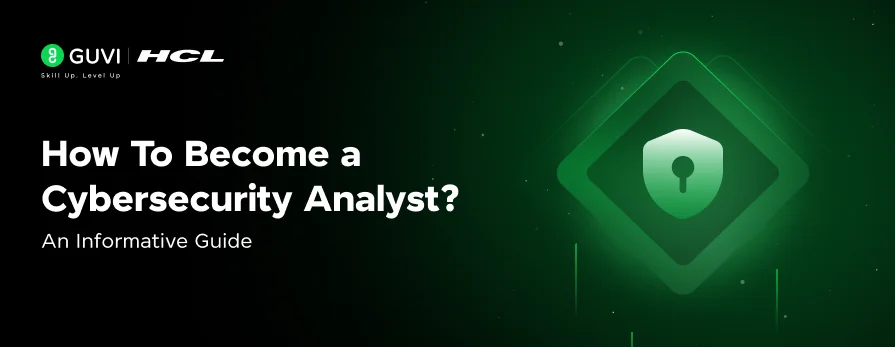
![How to Become a Security Architect: A Beginner's Guide [2025] 6 security architect](https://www.guvi.in/blog/wp-content/uploads/2025/05/How-to-Become-a-Systems-Engineer_-Expert-Guide-for-Beginners.png)

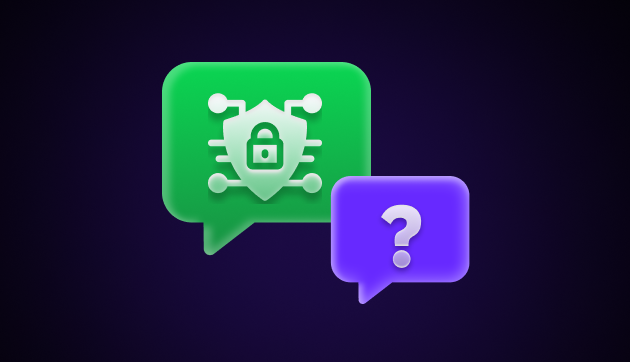
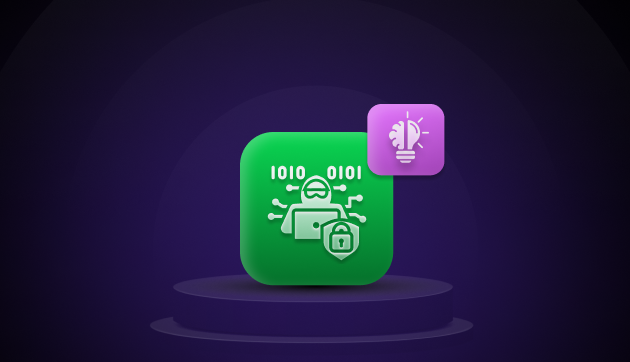
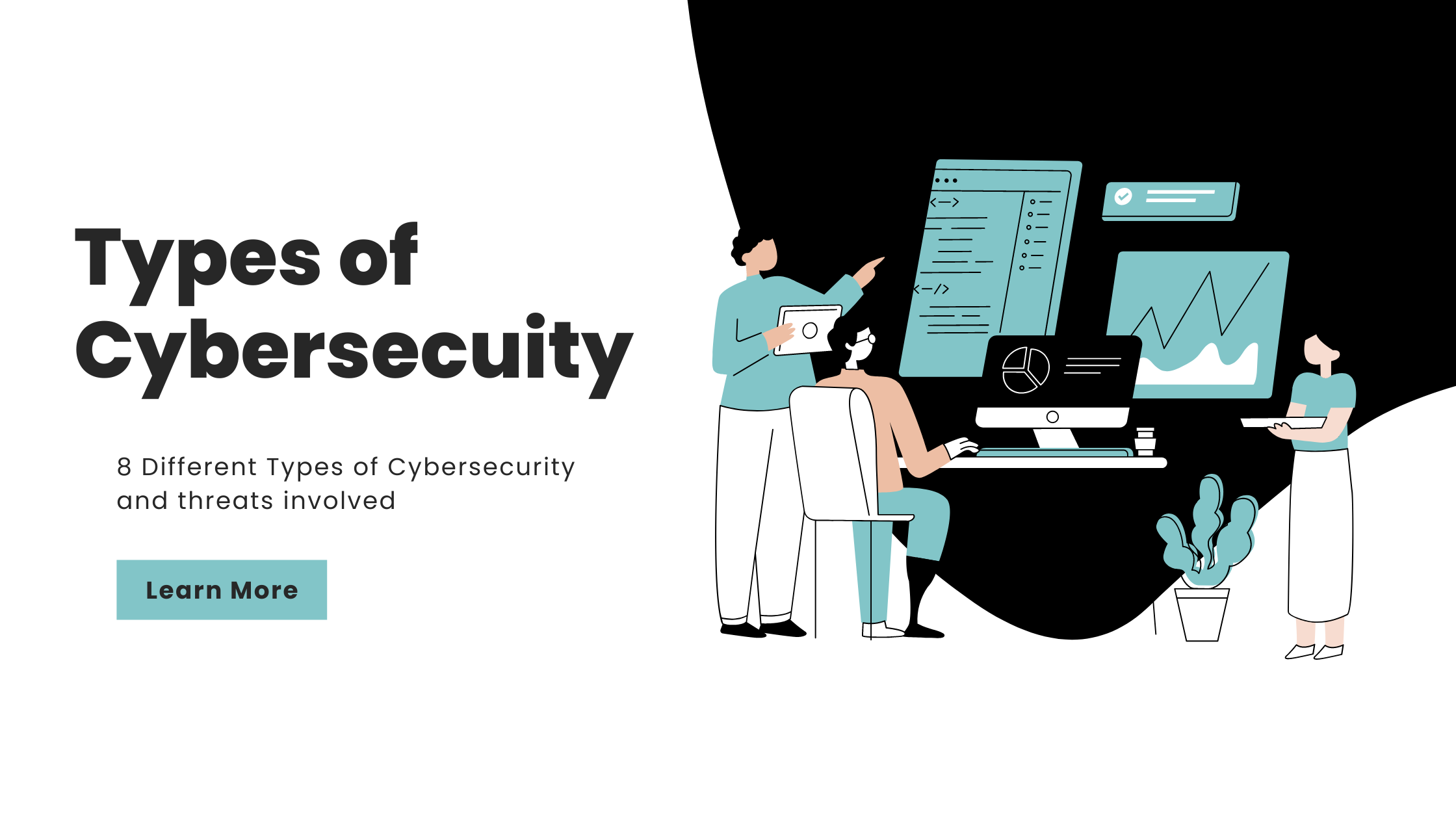
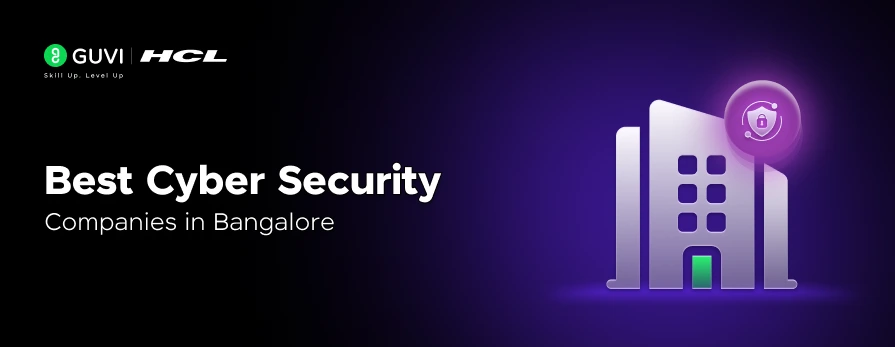
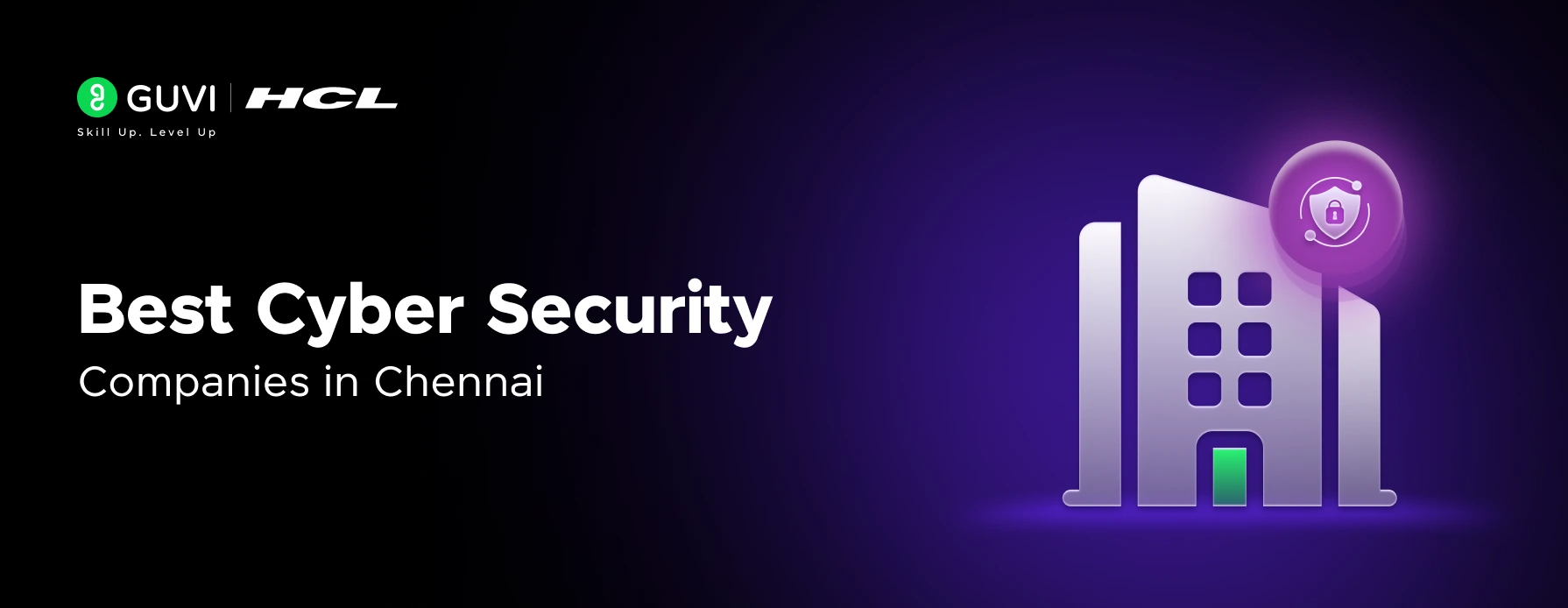

Did you enjoy this article?